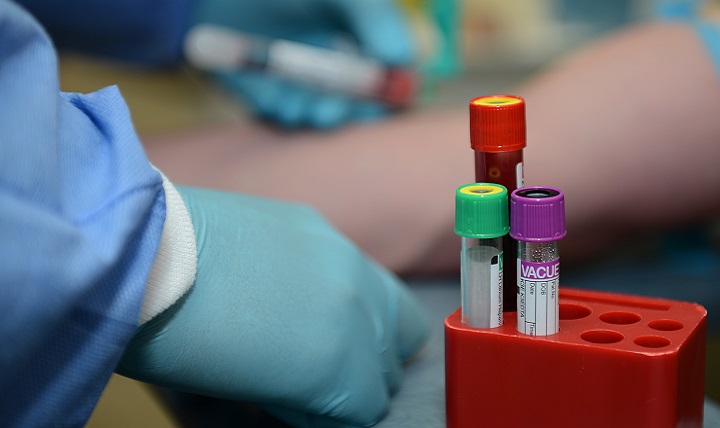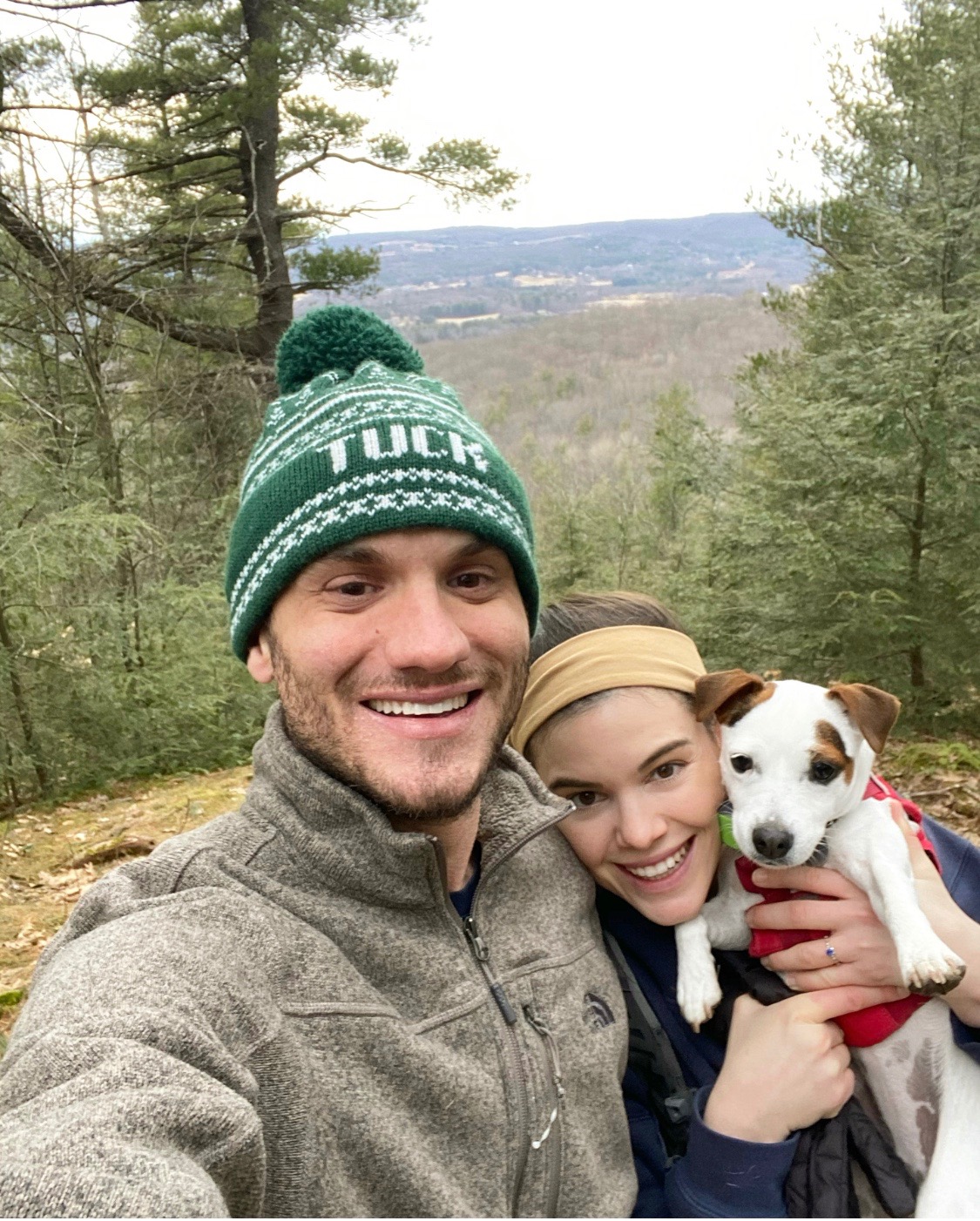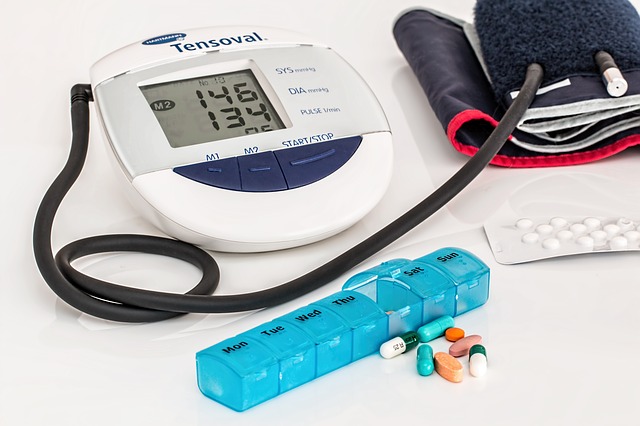Anytime I hear (or see) someone talking about the Pfizer or Moderna vaccines as if they are experimental, I cringe on the inside. I’d go as far as saying it feels like a slap in the face for anyone who has ever enrolled in a clinical trial.
I am one of those people.
From 2013 through 2019 I was one of the millions of Americans to participate in a clinical trial for one of the hundreds of investigational new drugs – or more colloquially these days – experimental drugs studied around the clock.
In fact, I volunteered for three mid or late stage clinical trials during that period because I feel a responsibility to our rare disease.
The key difference between the latest clinical trial that moved the prognostic needle in CF and our current suite of COVID vaccines is how extensive the clinical trial programs were.
The pivotal trial that led to our drug’s approval included a little more than 400 participants split equally among the active drug and placebo cohorts. Within the six-month trial, the primary efficacy endpoint was measured at only four weeks after the trial began.
Let me restate that: only four weeks.
Of course, the blinded part of the trial lasted about six months before open label dosing began, and all data up until that point was part of the study design.
Compare that to Pfizer’s pivotal vaccine trial. Pfizer included more than 43,000 participants in their clinical trials, more than a factor of 100 times greater than my trial sample. The data collection even stretched well longer than the blinded parts of all my trial experiences.
Companies behind clinical trials have far more to lose baked into their risk for potential success. Just look at historical clinical trial success rates over the years.

Takebe T, Imai R, Ono S. The Current Status of Drug Discovery and Development as Originated in United States Academia: The Influence of Industrial and Academic Collaboration on Drug Discovery and Development. Clin Transl Sci. 2018;11(6):597-606. doi:10.1111/cts.12577
Of the three trials I participated in over the last decade two of them failed entirely for my cohort. Only one, the latest one, was successful. Still those previous failures never deterred my willingness to enroll.
It’s true the same pattern has played out for CVOID vaccines.
The Times hosts a pretty clear graphic that shows a substantial skew with most of COVID-19 vaccines still in the earliest phases of testing, while unfortunately the number of abandoned drugs is piling up. Importantly, three vaccines have made it through the gauntlet of U.S. gold standard testing.
Finally, critics often say the trials “moved too fast.” Too fast?! Are you kidding me? Clinical trials often move at a snail’s pace because of the bureaucratic and enrollment impediments that stand in their way.
One of the hardest parts of clinical research is enrolling patients into trials. It’s time consuming and expensive for drug makers considering the amount of testing that is required for human subjects. Of course, a global pandemic that turned all of us into patients eliminated any shortage of people eager to enroll for vaccine trials is going to speed things up (just a tad!).
A typical clinical trial visit for me a few years ago included several vials of blood taken from me repeatedly over the course of a single visit, pulmonary function testing, heart monitoring, urine samples, mental health monitoring, surveying, and physical examination.
A 2018 review of clinical trials that either fail or deeply struggle suggests that funding, recruitment, participant dropout, lack of statistical power, patient challenges, and several other issues prolong and adversely affect potential trial outcomes. For anyone who has ever participated in a trial or a controlled experiment, that all seems like common sense.
Over 5 billion vaccine doses have been administered in the past year. That is nothing short of a remarkable feat. While I can’t vouch for vaccines not yet evaluated by the FDA, I can tell you with confidence that my experience with clinical research under the purview of the FDA is such that the millions of disease of approved COVID-19 vaccines administered in the US are not experimental. Are they novel? Yes, and that’s a good thing!
If you want to try an experimental drug, enroll yourself in a clinical trial then you’ll be able to call yourself a medical pioneer. Until then, please stop trying to slow biomedical progress down. Millions of Americans will continue to rely on it after this pandemic ends. If anything, it needs to speed up.





